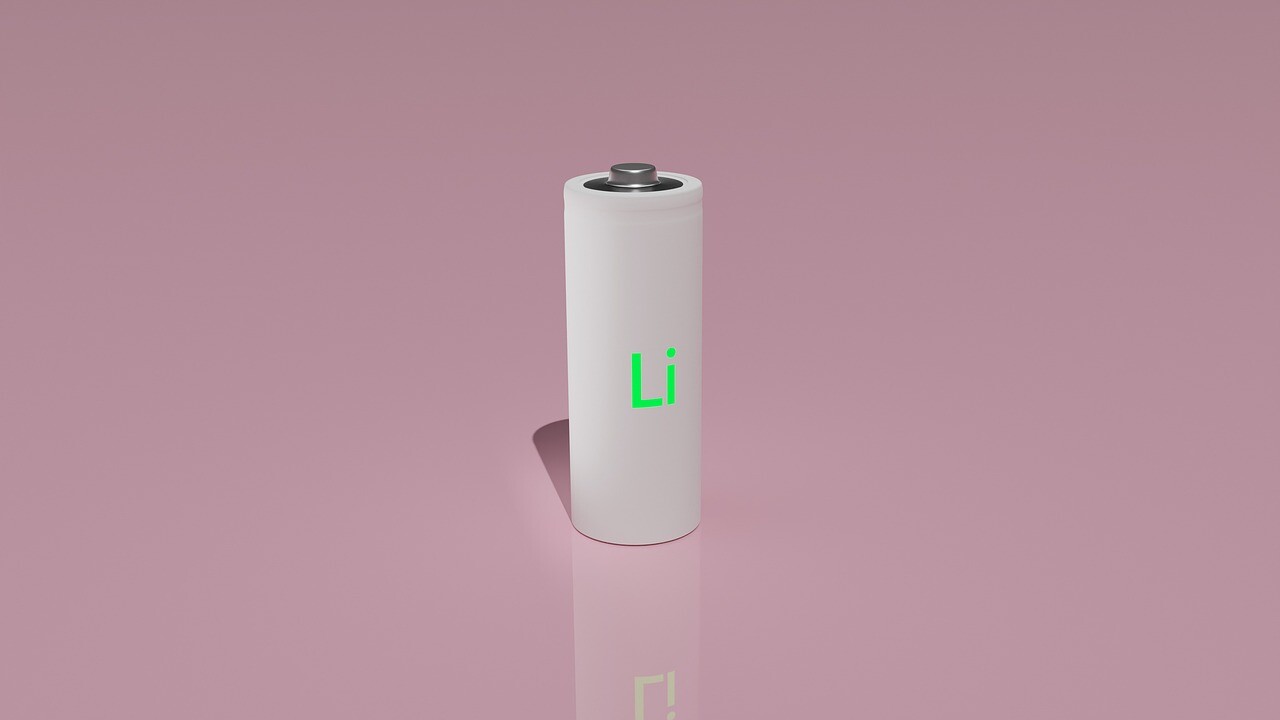
Lithium-ion batteries are a critical element for our transition away from fossil fuels. It is equally critical to ensure the sustainability of their supply chains for the benefit of society and businesses alike.
The mining process of the raw materials necessary for lithium batteries has long been linked not only to pollution, but also to human rights abuses.
New research from Infyos, an AI-powered supply chain risk platform, has once again raised the alarm. It found that the companies that account for 75% of the global battery market (from automotive to consumer electronics industry players) have connections to one or even two entities in the supply chain that are facing allegations of forced and child labour.
Infyos’ platform analysed government datasets, NGO reports, news articles, social media, and proprietary data sources.
It identified human rights abuses in various resource-rich countries. The majority of incidents involved companies mining and refining raw materials in China, particularly in the Xinjiang Uyghur Autonomous Region (XUAR) in the northwest.
The nature of the abuses also varies, ranging from forced labour under the threat of no or minimal pay to 5-year-old children mining cobalt in hazardous conditions.
The global battery industry is linked to these abuses because manufacturers may source materials from unethical companies or form business partnerships that conceal these unethical connections through complicated ownership structures.
“Most battery manufacturers and their customers, including automotive companies and grid-scale battery energy storage developers, still don’t have complete supply chain oversight,” said Sarah Montgomery, co-founder and CEO at Infyos.
Market impact
It goes (or at least, it should go) without saying that forced and child labour come with staggering consequences that negatively impact both individuals and society.
From a business perspective, human rights violations in product supply chains could mean that companies risk losing access to key markets.
The EU presents an illuminating example.
With its upcoming Battery Regulation, the bloc calls for increased supply chain traceability and risk management. Among other provisions, the law aims to ensure that companies do not place batteries on the EU market that are linked to human rights abuses (or environmental damage) in their supply network.
Failure to comply with the demands can result in market restrictions or prohibitions as well as fines.
At the same time, companies that fall short on addressing ESG issues risk losing investor interest, according to a survey by consultancy firm PwC.
Some 49% of the investors surveyed reported their willingness to divest from businesses that don’t take sufficient action.
As the tide is turning towards greater transparency and accountability, businesses that fail to adapt risk being left behind. And on a broader scale, so do ambitions for achieving net-zero targets which heavily depend on lithium-ion batteries.
Get the TNW newsletter
Get the most important tech news in your inbox each week.




